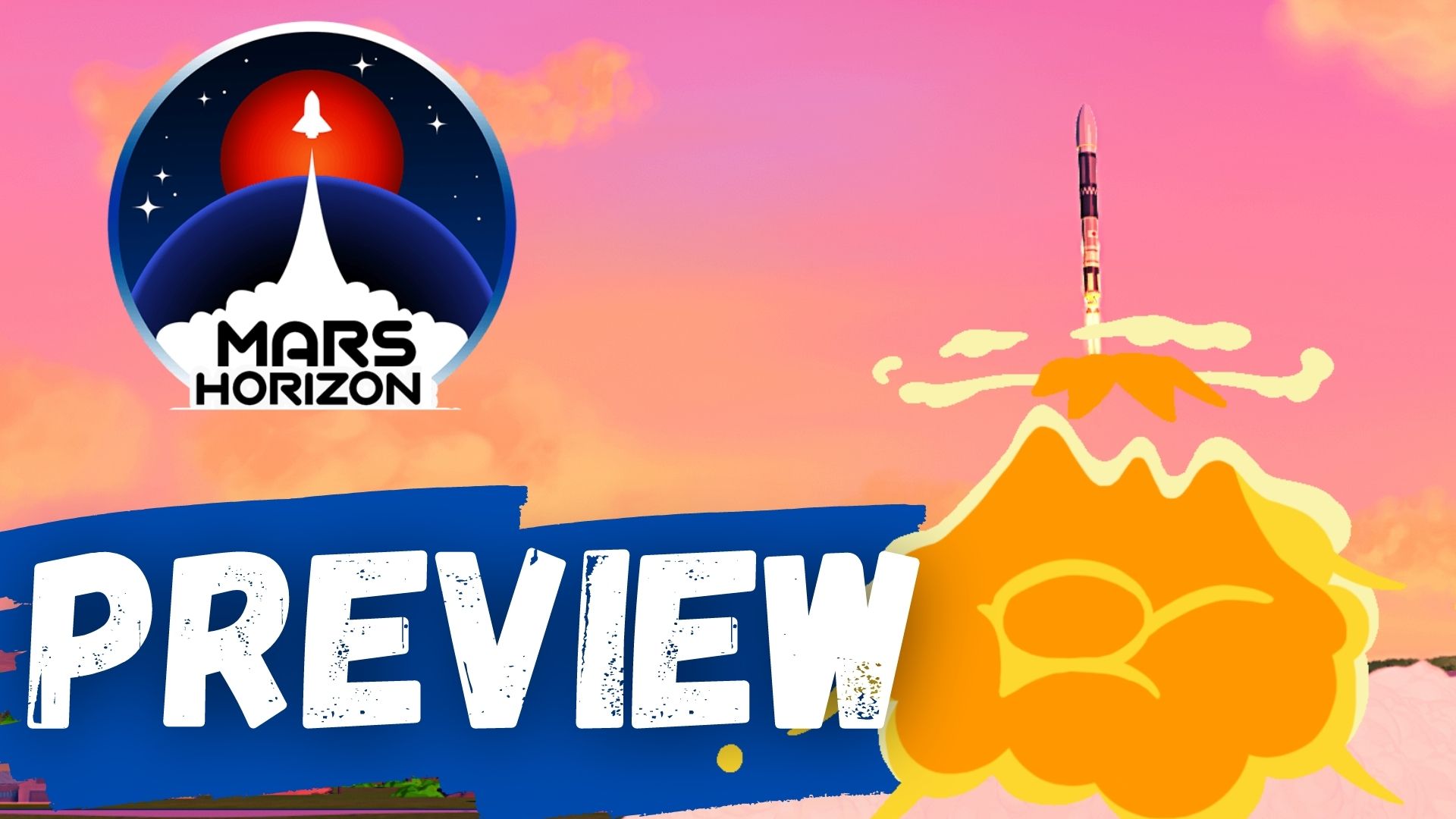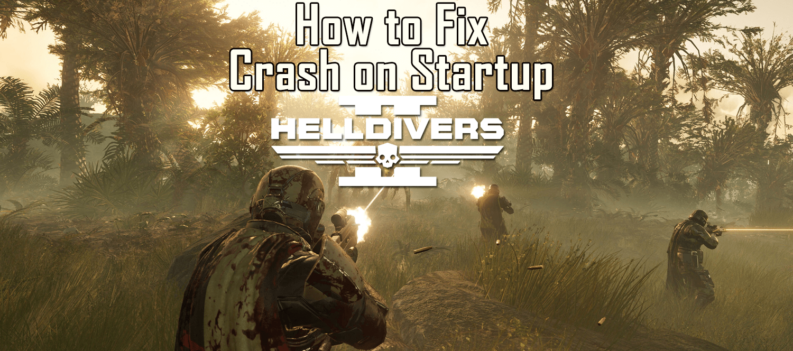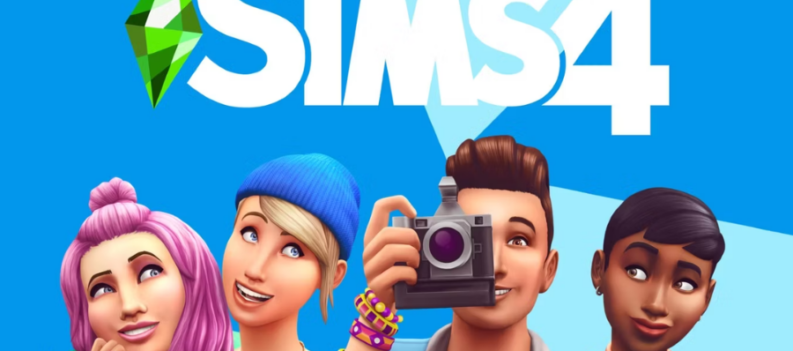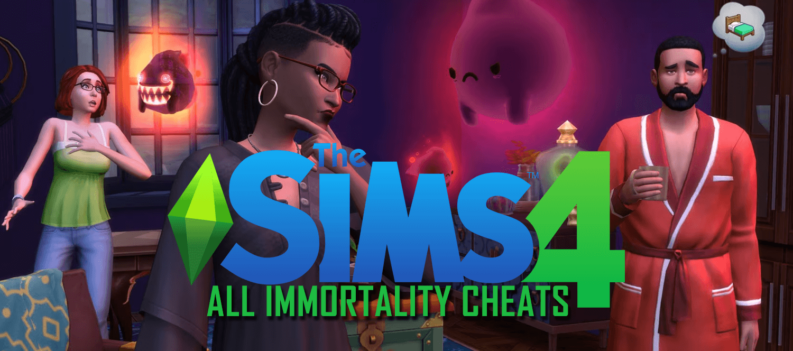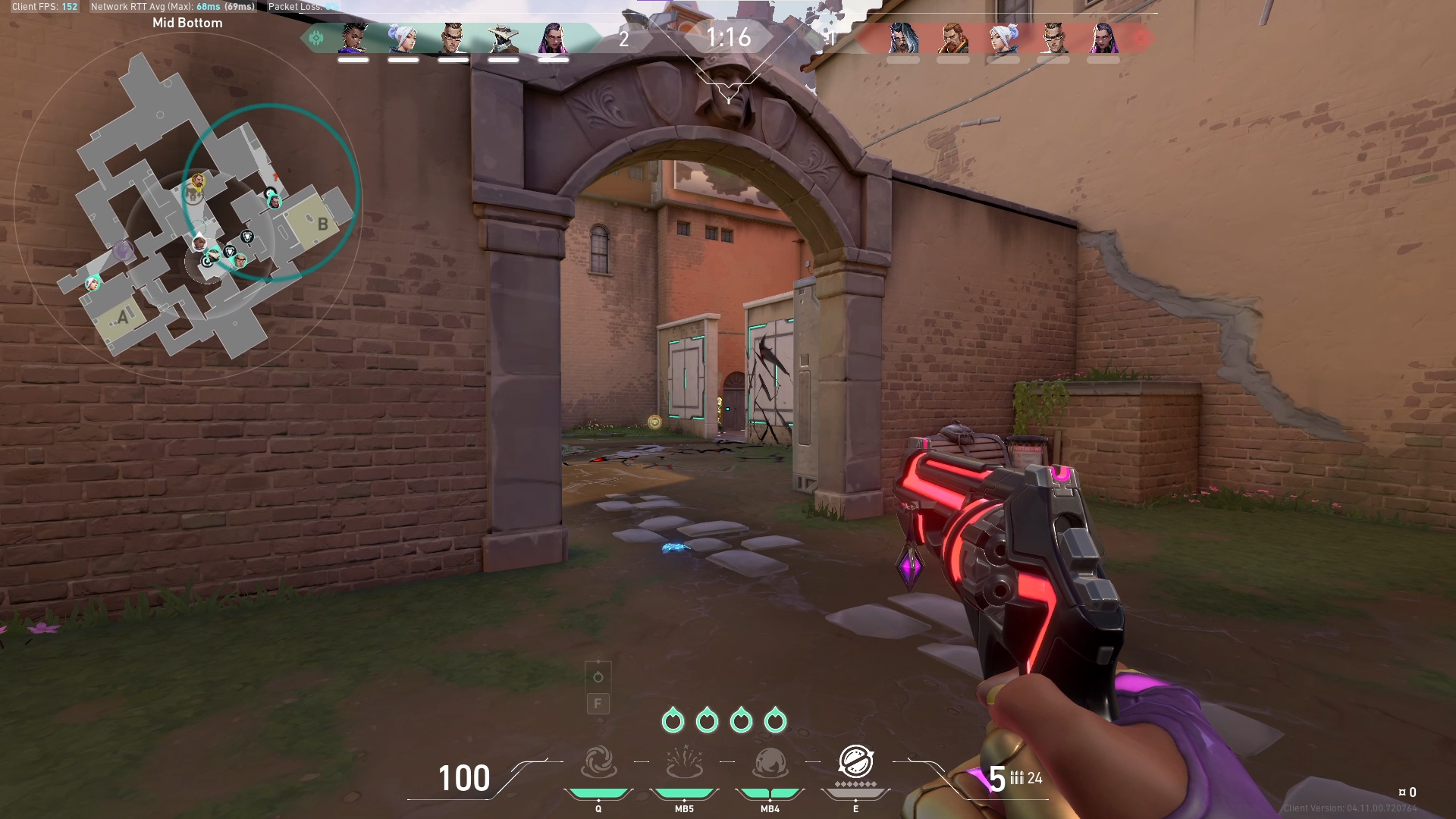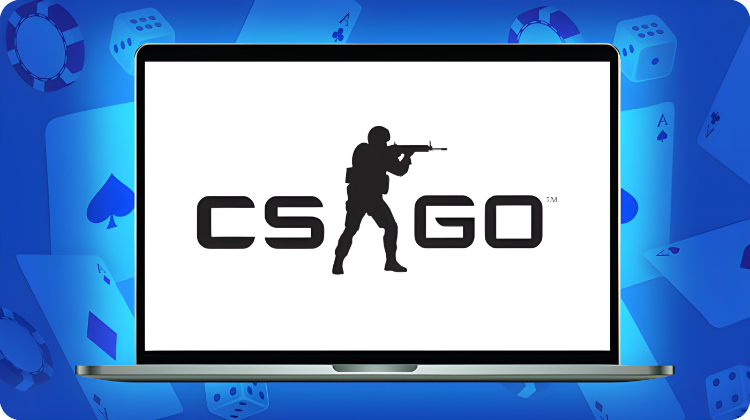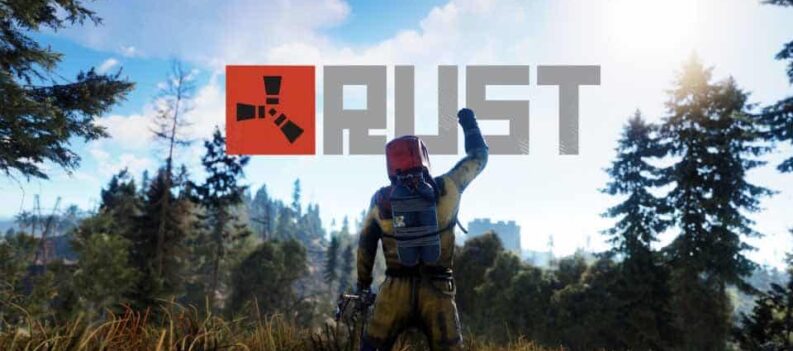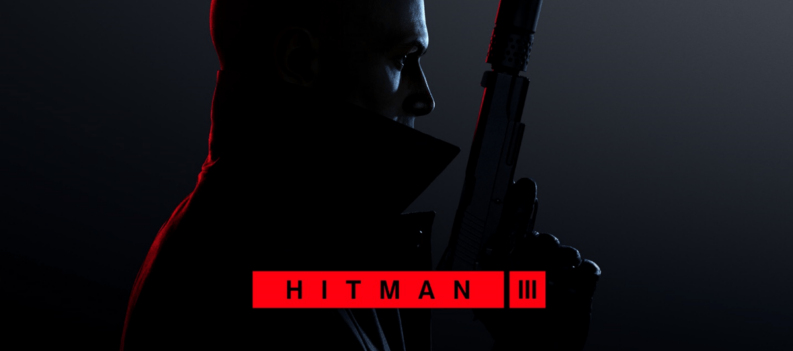I’ve always had a fascination with the stars. I think we all, haven’t we? Are you even human if you look up at the night sky and don’t wonder what’s out there? Few games have really explored it in a way that seems real. No Man’s Sky does not count.
Mars Horizon is a million years – or lightyears – away from your No Man’s Skys and Elite Dangerous’ and Star Citizens, yet it’s the most realistic of them all.
Mars Horizon is a weird mixture of genres. It’s part table-top game, part RTS, and part, well, reading and geeking. This isn’t a game for dummies, even if I did manage to play it. This is a text-heavy game, at least during the game’s early hours where there’s a lot of fresh information to take in via the tutorials.
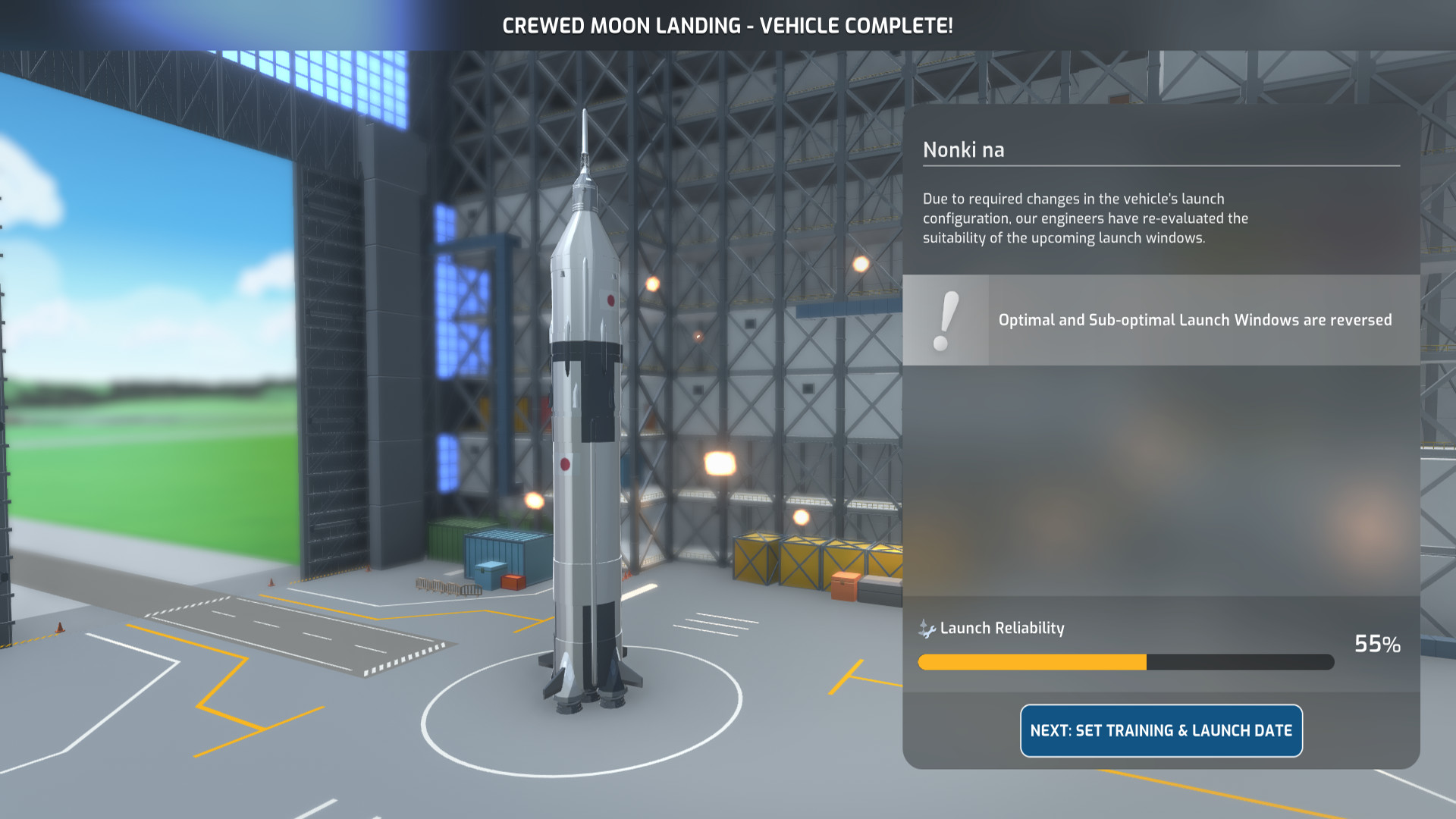
I’m normally really arrogant and instantly dismiss tutorials, confident in my own Gamer Instinct™ to see me forward. Not with this one. From the start, I was sure right away that I’d be reading all of the tutorial text. In fact, I recorded my gameplay and I had over 2 hours of footage for this preview, and a large bulk of it was me reading the different tutorials and descriptions. Fair warning.
Reading might not be what you want from a game – after all, if you wanted to spend your free time reading, you wouldn’t be playing a game, right? But, stick with it and you’ll find there’s something weirdly brilliant about Mars Horizon.
The game tasks you with taking over a Space Agency during the 1950s. From here, your mission is simple: explore space. You do this by researching different missions, buildings, and vehicle components. These aren’t any regular research tasks, mind you. You’ll be expanding your agency with astronaut training facilities, research labs, testing areas, and launch pads for missions first to Earth’s orbit, then to the moon, and then beyond. Small tasks seem mighty; sending a satellite into orbit is an early mission and I researched the absolute best materials, launchers – you name it, I had it. My mission’s chance of success was put at 99%. I was confident but still anxious. I’d fallen behind the other agencies in my pursuit for the best technology, but now it would surely pay off.
T Minus 10 seconds.
I leaned forward in my chair.
9
I watched as the ignition boosters blared to life.
8
My hand stroked the mouse on my desktop, moving it around gently, even though all control was now out of my hands.
7
Not much happened here
6
Same as 7
5
I pushed myself in a little closer
4
I looked down at my phone. It was 2:48 AM – I’d spent over an hour getting to this point.
3
My stomach made a noise. I was high and hungry.
2
Would I eat the homemade rotisserie chicken from the fridge, or just grab some chocolate?
1
My nose was practically pushed against the screen as my beautiful rocket defied gravity’s bitchy little laws and made off into the sky. It was a sight, and I was a proud daddy watching his kid riding a bike for the first time. And then the rocket started to turn downwards. Maybe this was part of the plan? The rocket was definitely on its way back to earth. Maybe this was just a glitch in the game? Maybe the people who made the game don’t understand what a 99% chance of success means?
And then it exploded. The kid on the bike was under a truck, and the expensive rocket with an expensive payload and really expensive boosters blew up. 99% didn’t mean a damn thing to me in that moment. Years of research pissed up the wall. Millions wasted. My reputation, well, still kind of intact. Failing these big milestone missions is expected, and I counted China failing the same mission twice before succeeding.
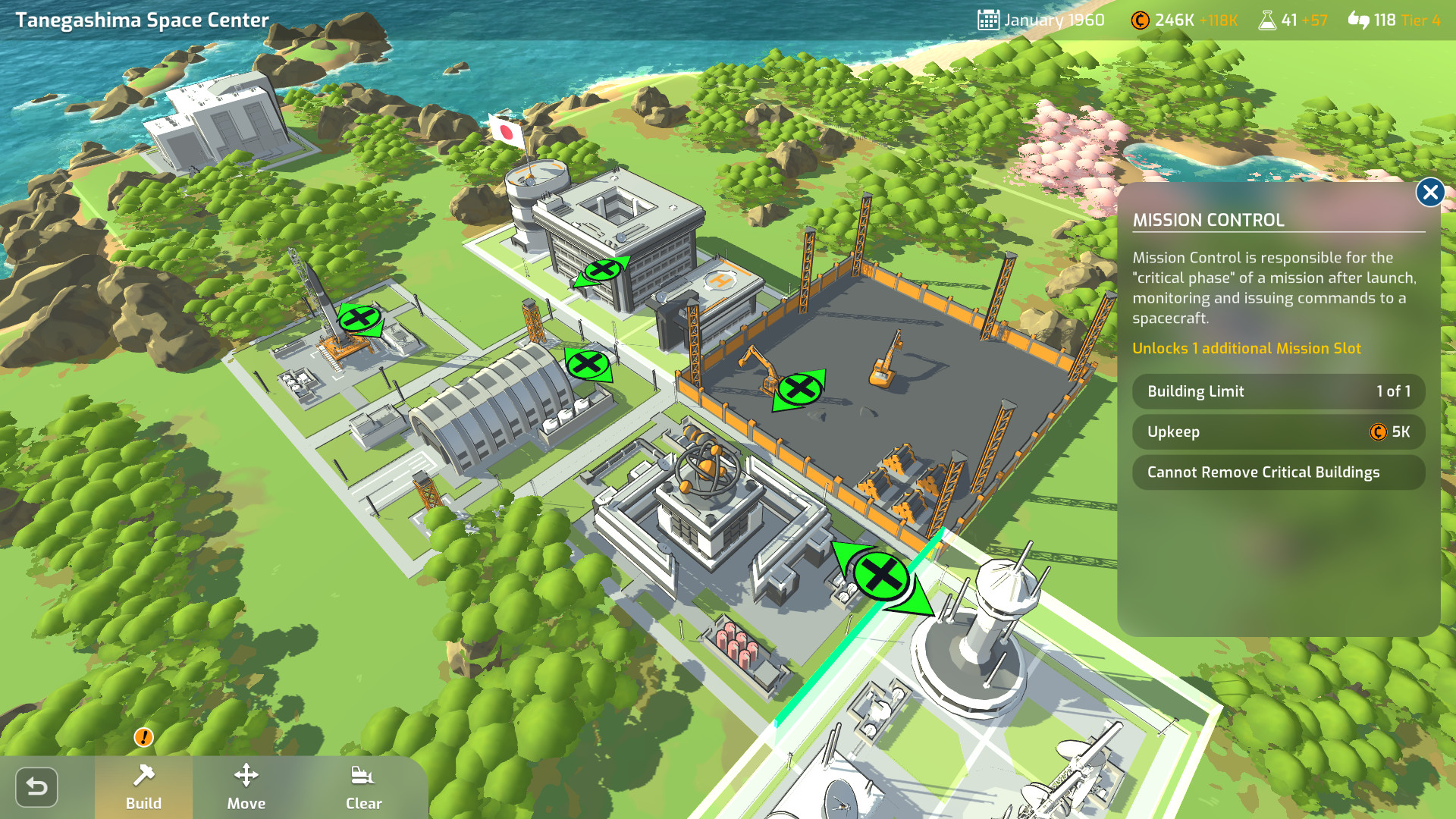
Ordinarily, when I lose in a game, I get annoyed. Maybe I even rage quit, depending on the circumstances. We’ve all been there. You know how it is. Lag. European servers. Aimbots. The controller obviously being defective.
That didn’t happen with Mars Horizon. I was spurred on to win. I failed, but that 1% chance of failure had already happened, so I should be able to do the same mission 99 times without blowing millions into the atmosphere. I know, that’s not how maths works. Shut up, nerds.
I carried on playing for another two hours, even though it was far past my bedtime. I wanted to send a man to Mars, damn it!
I didn’t, but I’m sure I will. I really enjoyed playing Mars Horizon. What’s important to remember, though, is that I really enjoyed playing Mars Horizon on PC. This is a menu heavy game and I’m comfortable playing the game for hours on end with a mouse. Will I be able to say the same about a DualShock 4, an Xbox controller, or the Switch’s Joy-Cons? I’m not sure, and that’s my biggest fear.
Mars Horizon is a realistic game in that it applies maths and sciences into its structure, with everything, at least from what I’ve seen so far, being based on real-life actual science, and that’s what makes the game so exciting.
This preview was carried out on PC using a pre-release build of the game provided by the publisher.
